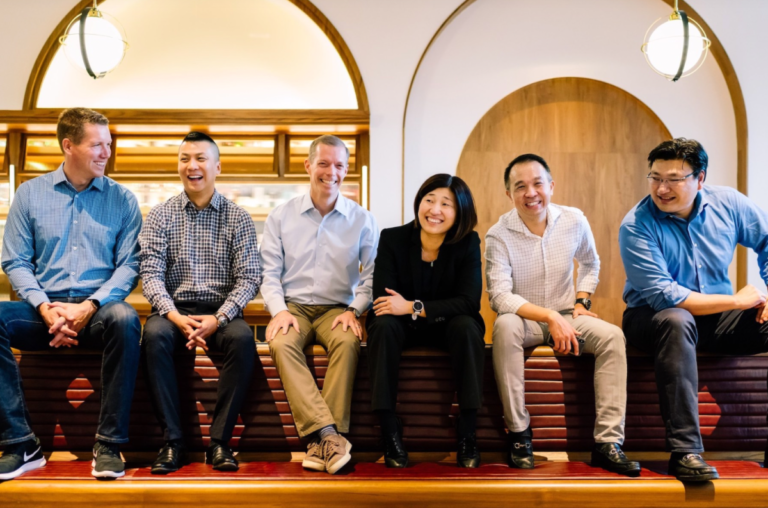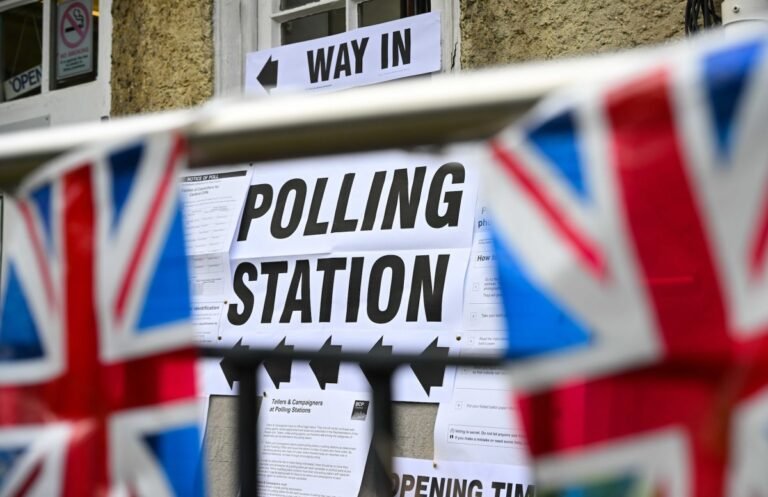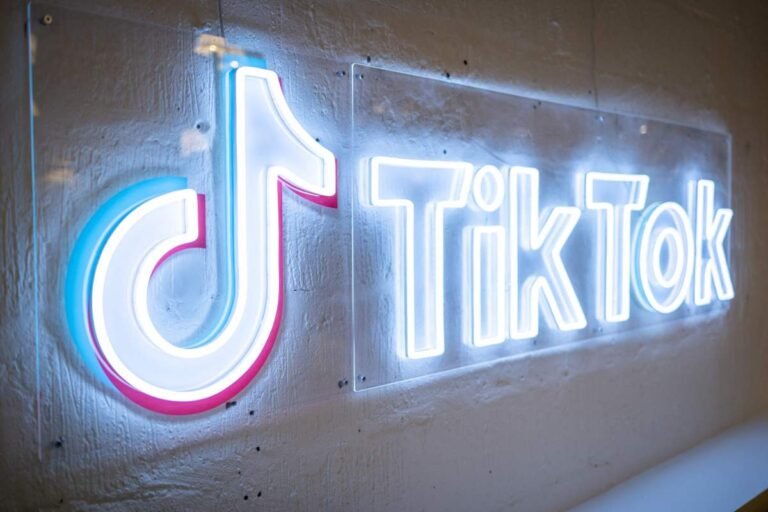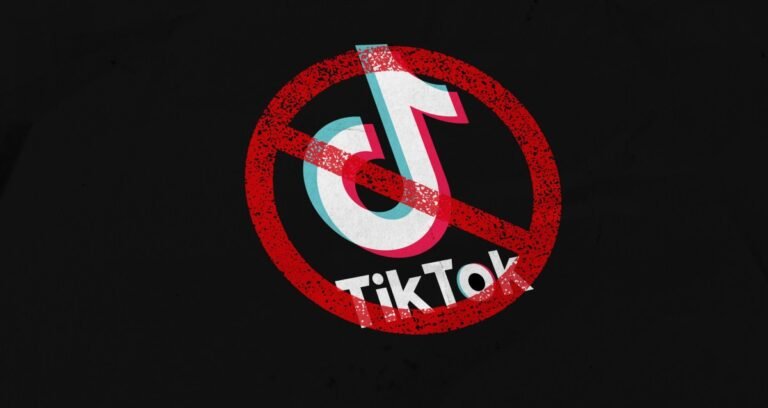
Apple has removed the Meta-owned end-to-end encrypted messaging app WhatsApp from its App Store in China following a government order citing national security concerns, the news agency Reuters reported Friday.
Meta’s newer, Twitter-esque text-based social networking app, Threads, has also been pulled from the App Store for the same reason, it said.
But the AppleCensorship site, which tracks App Store removals, records both Signal and Telegram as having been “disappeared” from Apple’s mainland China App Store.
Last year another Twitter alternative, Jack Dorsey-backed Damus, was also pulled from Apple’s China App Store shortly after it had been approved.
Although quite a number evidently managed to do so, as Threads quickly landed in the top 5 on Apple’s China App Store last summer.

As the Gulf region gains growing strategic importance for the tech war between the U.S. and China, Microsoft makes a big move into one of its richest oil countries.
The minority stake will give Brad Smith, Microsoft’s vice chair and president, a seat on G42’s board of directors.
The funding comes amid U.S. politicians’ escalating concerns over G42’s ties with China.
Given the two countries’ increasing economic ties, it’s no surprise that G42, the AI poster child of the UAE, has also forged ties with Chinese firms.
Under the agreement, the Emirati company’s data platform and other key technology infrastructure will migrate to Microsoft Azure, which will power G42’s AI product development.

The United States Department of Commerce Monday proposed investing as much as $6.6 billion to fund a third Taiwan Semiconductor Manufacturing Company Limited (TSMC) fab in Arizona.
The move represents a broader push to bring more manufacturing to the U.S., but unspoken in the fanfare around today’s announcement is the potential escalation of tensions with China.
TSMC Arizona — the subsidiary behind the proposed construction — has stated that it will build the facility before the end of the decade.
The United States and allies would be at a massive disadvantage should China seize control of Taiwan and its manufacturing capabilities.
For all the money the United States government continues to invest, Intel is simply playing catch-up to TSMC’s multiyear technological head start.

Bay Area/Colombia-based delivery robotics firm Kiwibot this week announced that it has acquired Auto Mobility Solutions.
The Taipei firm produces chips specifically for the world of robotics and autonomous driving.
Kiwi founder and CEO Felipe Chávez Cortés does, however, tell TechCrunch that rising tensions between the U.S. and China are a key motivator for the purchase.
Prior to this, the U.S. government had set its sights on various Chinese tech giants, including Huawei and DJI.
Taiwan’s tenuous geopolitical situation, coupled with its vastly outsized share of the semiconductor market, has placed it at the center of the conflict.

GGV Capital announced last fall that was splitting up its team amid growing tensions between U.S. and China, though it never cited the atmosphere as the explicit driver of the move.
The thinking in abandoning the GGV Capital brand, per a source familiar, was that because both teams are operating separately going forward, they felt it was best to develop new brands.
Oren Yunger, the newest member of GGV Capital, also remains on team Notable.
Another longtime managing director at GGV Capital, Eric Xu, who is based in Shanghai, will continue to oversee the original firm’s independently operated yuan-denominated funds.
Roughly 2.5 years ago, GGV Capital announced it has raised $2.5 billion for its new funds, marking its largest family of funds ever.

The U.K. government has blamed China for a 2021 cyberattack that compromised the personal information of millions of U.K. voters.
The data breach began as early as 2021 but wasn’t detected until a year later.
Dowden said that a separate attempted cyberattack by a China-backed hacking group targeted the email accounts of U.K. lawmakers in 2021, but that parliamentary authorities mitigated the attempted breaches before any email accounts were compromised.
The Norwegian government previously attributed a 2018 data breach on its systems to APT31.
In 2020, Google security researchers linked APT31 to the targeting of email accounts belonging to the Trump and Biden presidential campaigns.

A bill threatening to ban an app beloved by half of the American population just rocketed through the House of Representatives in a week’s time.
TikTok the company and TikTok the chaotic community of creators and their followers are rightfully freaking out right now.
TikTok successfully fought back against a state-level ban on the app in Montana last year, arguing that the law was unconstitutional.
Missouri Republican Josh Hawley, who frequently sows concern about China, registered his support for a Senate version of the TikTok bill following the vote.
Senator Marsha Blackburn, another Senate Republican hawkish on China, also expressed her support for pushing a version of the House TikTok bill through.

TikTok ban: What’s going on with the proposed bill in Congress Congress could force TikTok to part with its Chinese parent companyTikTok faces an uncertain fate in the U.S. once again.
The bill, which many of its detractors reasonably describe as a “ban,” would force ByteDance to sell TikTok within six months for the app to continue operating here.
The campaign to force ByteDance to sell TikTok to a U.S. company originated with an executive order during the Trump administration.
Trump’s threats against the company culminated in a plan to force TikTok to sell its U.S. operations to Oracle in late 2020.
We may learn more next week if senators begin weighing in on the prospect of creating their own version of the House bill.

What’s going on with the new bill that could ban TikTok?
Congress wants to force TikTok to part with its Chinese parent companyTikTok faces an uncertain fate in the U.S. once again.
The bill, which many of its detractors reasonably describe as a “ban,” would force ByteDance to sell TikTok within six months in order for the app to continue operating here.
The campaign to force ByteDance to sell TikTok to a U.S. company originated with an executive order during the Trump administration.
We may learn more next week if senators begin weighing in on the prospect of creating their own version of the house bill.

Chinese tech companies are gathering all sorts of resources and talent to narrow their gap with OpenAI, and experiences for researchers on both sides of the Pacific Ocean can be surprisingly similar.
The parallel glimpse into their typical day reveals striking similarities, with wake-up times at 9 a.m. and bedtime around 1 a.m.
Both start the day with meetings, followed by a period of coding, model training and brainstorming with colleagues.
Besides building its own LLM in-house, Alibaba has been aggressively investing in startups such as Moonshot AI, Zhipu AI, Baichuan and 01.AI.
Facing competition, Alibaba has been trying to carve out a niche, and its multilingual move could become a selling point.













